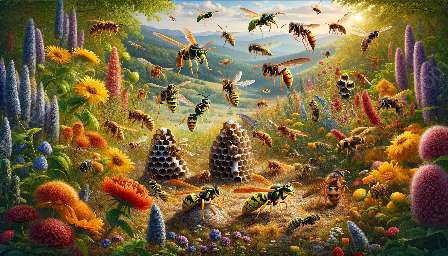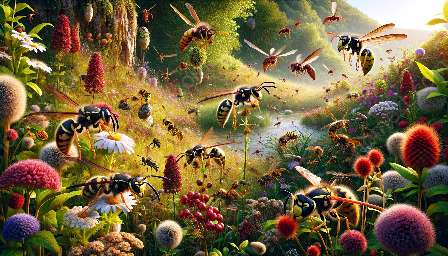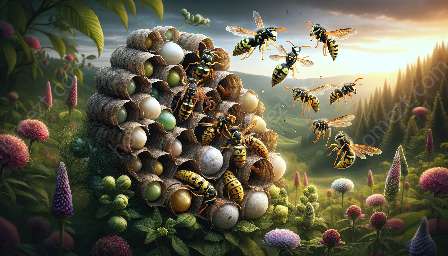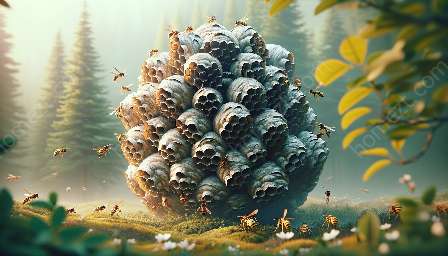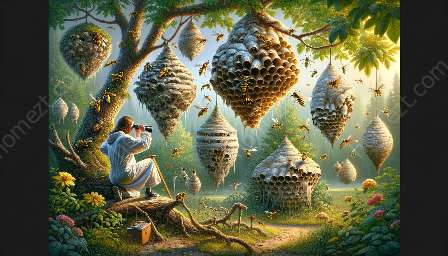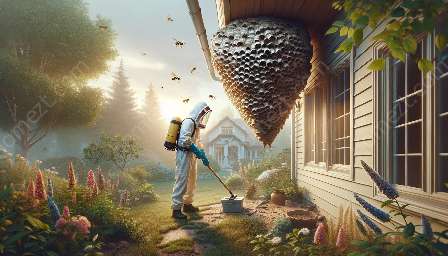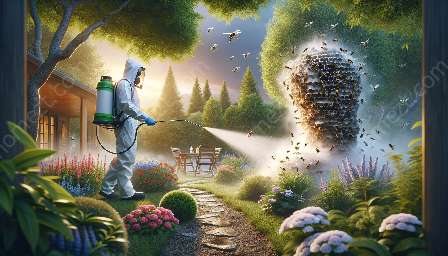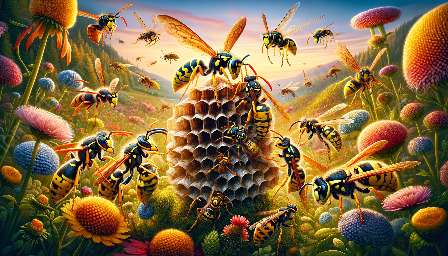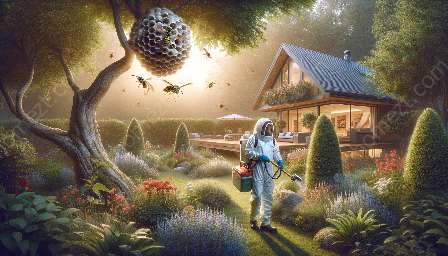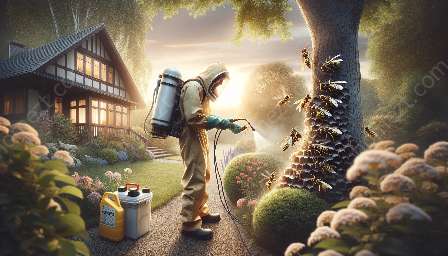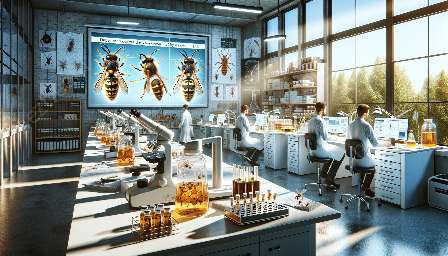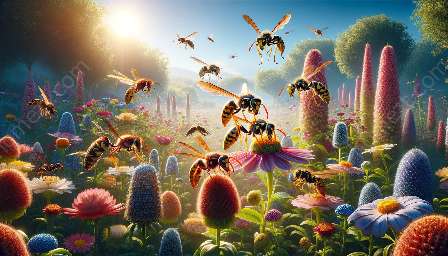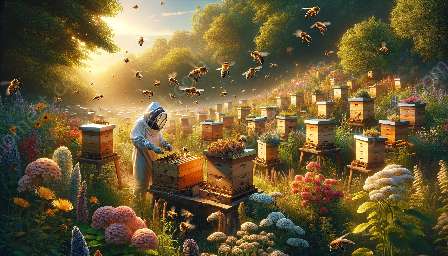Wasps are an integral part of the ecosystem, but their stings and bites can be painful and pose health risks. Understanding how to treat these incidents is essential for a safe and healthy environment. In this comprehensive guide, we explore the best treatments for wasp bites and stings, along with preventative measures and the role of wasps in pest control.
Understanding Wasp Bites and Stings
Wasp stings are a common occurrence, especially during warmer months when outdoor activities increase. When a wasp perceives a threat, it may sting as a defensive response. Wasp venom contains various chemicals that can trigger allergic reactions in some individuals, leading to severe symptoms that require immediate medical attention. Wasp bites are less common but can also cause discomfort and mild allergic reactions.
Treating Wasp Stings and Bites
Effective treatment for wasp stings and bites is crucial to alleviate pain and reduce the risk of complications. Immediate actions can make a significant difference in the outcome. The following steps are recommended for treating wasp stings and bites:
- Remove the Stinger: If stung, carefully remove the stinger to prevent more venom from entering the skin.
- Clean the Area: Wash the affected area with soap and water to reduce the risk of infection.
- Apply Cold Compress: Use a cold compress or ice pack to reduce swelling and pain at the sting site.
- Use Antihistamines: Over-the-counter antihistamines can alleviate itching and swelling caused by the sting or bite.
- Seek Medical Help: For severe reactions or allergic symptoms like difficulty breathing, seek immediate medical assistance.
Preventing Wasp Encounters
Prevention is key to avoiding wasp stings and bites. Here are some practical tips to minimize the risk of encountering wasps:
- Avoid Strong Scents: Wearing perfumes, scented lotions, and bright-colored clothing can attract wasps.
- Seal Food and Drinks: Keep food and drinks covered when dining outdoors to prevent wasps from being attracted to leftovers.
- Regular Maintenance: Inspect and repair screens and windows to keep wasps from entering indoor spaces.
Wasp's Role in Pest Control
While wasps can pose threats to humans, they play a significant role in pest control. Many species of wasps are natural predators of other pests, including caterpillars, flies, and spiders. When managing wasp populations, it is important to strike a balance between controlling their presence around human habitats and allowing them to carry out their beneficial activities in controlling other pests. Professional pest control services can provide effective and environmentally friendly solutions for managing wasp populations.
Conclusion
By understanding the intricacies of wasp bites and stings, effective treatment measures, and the importance of wasps in pest control, we can coexist with these fascinating creatures harmoniously. Embracing prevention, timely treatment, and responsible pest control practices enables a safer and healthier environment for both humans and wasps.

